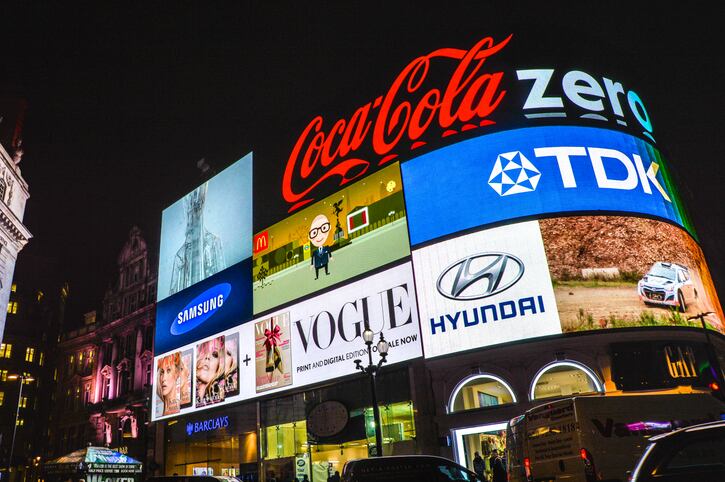How successful these partnerships are in the long run though depends on several factors, including how well the businesses’ values align, the type of governance structure they negotiate and the integration model, according to Scott Norton, who is the co-founder of the better-for-you condiment company Sir Kensington’s, which sold to Unilever in 2017.
In this episode of FoodNavigator-USA’s Investing in the Future of Food, Norton shares how his team approached their acquisition with Unilever and the steps they took to ensure that their brand would not become lost within Unilever’s larger portfolio after the deal closed.
“Big companies can provide an incredible scale and resources and opportunities and relationships that are not necessarily available to small and medium sized companies in the food space, or frankly in any space,” Norton told FoodNavigator-USA at the Future Food-Tech Summit in New York City.
“So for us, in thinking about partnership with Unilever, we wanted to find someone that has values aligned [with ours] and can truly carry that legacy forward,” but we also wanted to make sure that the deal was good for “everyone involved, and that includes our customers, our consumers – who we call Kensington Characters,” our team, employees, investors and “the world at large.”
One way that Norton says entrepreneurs can ensure potential partners are a good fit is to look at their track record, and judge their intentions, successes and whether they keep their promises.
“Speaking to other entrepreneurs, CEOs or even senior management to … get a sense of what the company is like in terms of how they do business, what they value, how they make decisions, would be a really important way to suss out the red flags or the green lights to determine moving forward,” he said.
Once the right partner is found, entrepreneurs can ensure their brands do not get lost in the sea of the larger company’s portfolio by ensuring the right governance is in place.
“Within a big food company or a big conglomerate, the way a brand is governed is potentially different, and should be different, than the way that an acquired company is governed,” but it is important that when going into a partnership that the governance structure is negotiated and understood before the deal is finalized, he said.
The same goes for how the smaller business will be integrated into the larger company, Norton said, adding that entrepreneurs want to ensure they are “not cookie cuttered into the way that other billion dollar brands are handled.”
Selling isn’t a panacea for problems
Norton also warned that selling to a large established player is not a panacea for the troubles that startups typically face.
“The key advice that I have to give, is the journey is the reward, and an acquisition will make some things easier, but it is not going to fix all your problems,” he said. “Businesses in any stage they are in, whether it is absolutely startup and seed stage, whether it is scaling up and creating momentum within independents or whether it is being part of a global empire, there are challenges to all those stages.”
As such, he said business leaders at all stages need to coach their teams “like a challenger of ideas and a like a creator of opportunities, rather than being a victim or finding issues before finding solutions. That is going to be the attitude that creates success.”
And while the post-acquisition period can be hard, it also can be a lot fun, said Norton.
“We are so excited about what comes next. So, now we have a bigger platform than we have ever had before,” and that is allowing the brand to launch new products, including a line of ranch dressings, and a food cart that places the brand's condiments front and center, he said.
He added that with Unilever’s help, Sir Kensington’s is poised to make a “a big splash in the months and years to come.”



